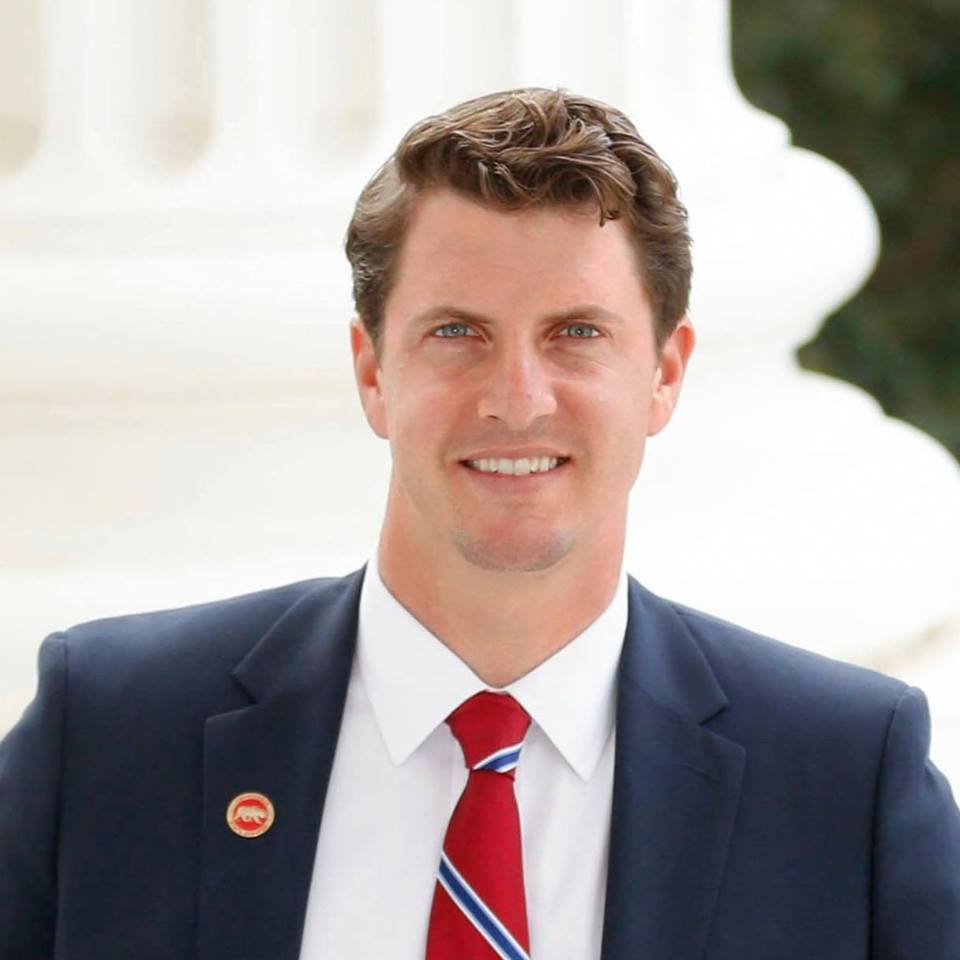In his second session in office, Sen. Henry Stern, D-Canoga Park, said he felt an obligation to fill the “gap left by Washington to protect Californians” by authoring legislation for election security and environmental efforts.
“That’s the sad truth,” he said Thursday. “We had a productive year in Sacramento despite the daily political bluster providing an easy distraction.”
Gov. Jerry Brown signed into law Stern’s S.B. 1045, a bill to help local governments reduce chronic homelessness and address threats to public safety by expanding and strengthening California conservatorship laws.
Stern said: “People were dying who do not know how to help themselves, and our communities suffered with them. So it is our job in Sacramento to enable the innovation already underway at the local level. Our conservatorship system was antiquated and inhumane, and needed to be modernized.”
The bill would use a five-year pilot program to provide housing for any counties that wanted to opt in.
As chair of the Elections Committee, Stern also cited two major bills passed into law to improve election proceedings.
A.B. 3075 secured $2 million to establish the first Office of Elections Cybersecurity in California, and was also the first office of its kind nationwide. A.B. 1678 also criminalized attempts to deceive voters about critical voting information and to secure voter data from domestic and foreign hacking.
Stern said he is still awaiting a potential signature on S.B. 1477, which would require the State Energy Resources Conservation and Development Commission to push for low-emission space and water heating equipment for new and existing buildings — ultimately leading to clean, energy-efficient homes.
Stern said he is striving to reduce demand for natural gas and reliance on facilities like the Aliso Canyon underground storage facility, he is hoping the governor will decide to pass the bill.
Stern, the first millennial elected to the state senate, said he is waiting to see which of the remaining bills are passed into law before concentrating on what’s in store for the next session.
“It’s easy to get bogged down on our disagreements but, I think we’ve done our job keeping the economy booming with investments in all kinds of infrastructure from the film industry and higher education to roads, freeways, bridges, and water,” he said.








